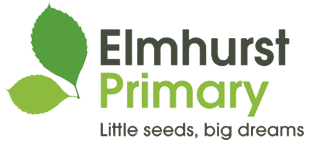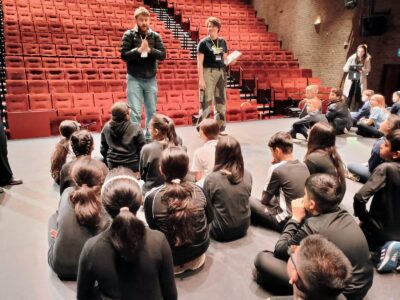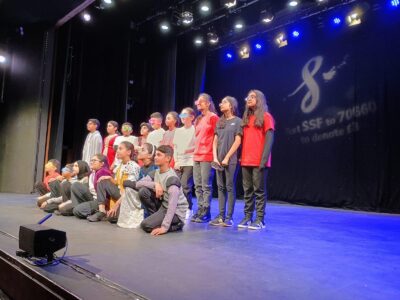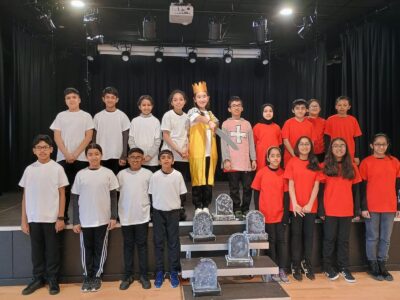At Elmhurst, we know that all of our students can achieve incredible things. Due to this, we are not afraid of setting high-expectations within our extra-curricular and enrichment activities. Yet, year after year, even our own demanding benchmarks are smashed through by the children who take part in our annual Shakespeare programme. This is a year-long course of study, run in conjunction with the Shakespeare Schools Foundation (SFF) that develops children's literacy, oracy, emotional and drama skills. In 2024, we were awarded Shakespeare Gold School status for our achievements in Shakespeare performance. Our current play is the romantic tragedy, Romeo and Juliet.
What do we do?
- a) Lessons
Each year, approximately 20 children from years four and five are selected to take part in the Shakespeare programme. Any student in these year groups is able to audition for the part (normally around 100 do) and then the final troupe is selected according to a number of pre-defined criteria. These children then attend weekly lessons in which they delve very deeply into the language and meaning of a William Shakespeare play. They develop a mature understanding of the rich text, as well as staging a 30-minute version of the show in the Bard's original language. In addition to working with Mrs Robinson each week, the children have access at different points in the year to professional actors and directors through the SFF to develop their skills even further.
- b) Performance
As well as the academic and personal benefits (explained below), the children are also working towards putting on a final performance in a theatre (and in front of a packed, paying audience) as part of the Shakespeare Schools Festival. Last year’s production of Richard III went fabulously and the children were commended for their imaginative staging and deep understanding of the play.
Why do we do it?
The Shakespeare programme provides our children with many benefits but we believe they can be grouped into three main areas:
- a) Soft-skills
The work the children undertake helps them to develop essential life skills, such as teamwork, self-expression and problem solving. These will ultimately improve their chances in life and help them fulfil their potential.
- b) Academic achievement
The impact in the classroom for those children involved is clear and profound. Students see a boost to their comprehension skills, particularly from grappling with Shakespeare's original language, their inference skills, their eloquence and clarity in both verbal and written communication and improved memory and focus from learning lines. On top of this, they are being equipped with knowledge and skills that will hugely help them when they come to study Shakespeare plays at secondary school.
- c) Access to the arts
Through the Shakespeare programme children don't only perform but also get to experience the arts. A highlight of this is a trip to the theatre to see a production of the play they are learning. This greatly increases their cultural capital, their confidence in and enjoyment of such spaces.





